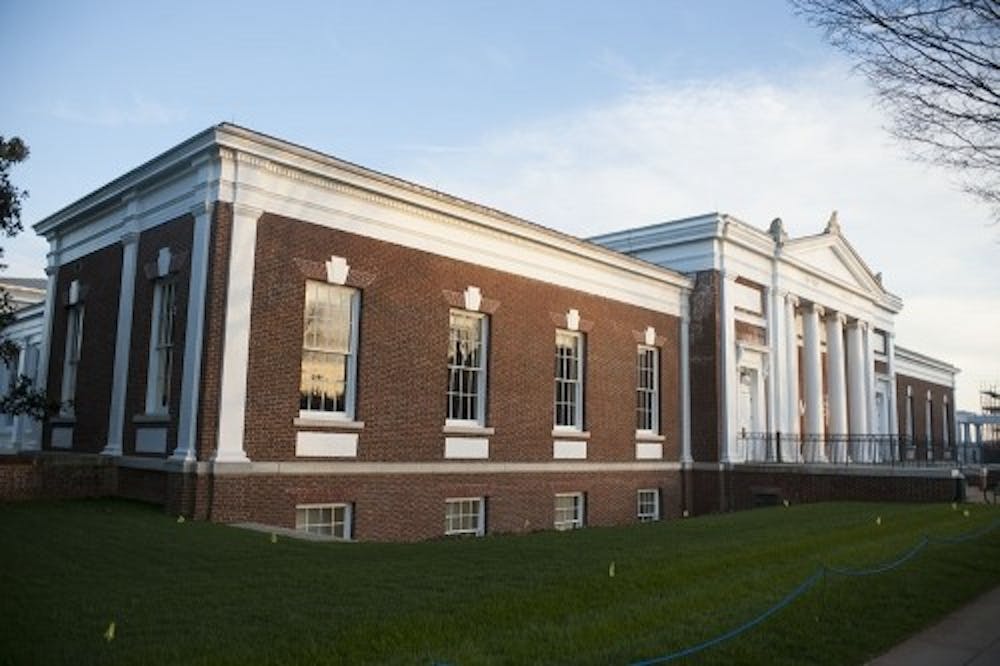SumZero, a private social network for people in the investment industry, recently released data suggesting the University produces the most successful investors — as compared to graduates of other universities — in the stock market.
SumZero was launched in 2008. Chief Operating Officer Nicholas Kapur said the company allows members to research stocks and publish their opinions regarding buying and selling stocks on the site, where the recommendations are then tracked. The study analyzed a smaller subset of the reports — those who reported their undergraduate schools to the website — to determine the best investor-producing schools. The sample was based on approximately 6,000 reports.
“We had about 500 schools represented in our database, but the majority of schools have only one or a few users, so we didn’t feel comfortable using the schools with few users,” Kapur said. “We narrowed it down to schools where we had a significant amount of data to analyze — 29 schools in total.”
Based on the average annualized returns of its graduates’ stock recommendations in their reports on SumZero, the University ranked first out of the 29 schools with an average annualized figure of 53.8 percent.
Princeton University, Northwestern University and Georgetown University followed closely behind. University of Texas at Austin, another public college, also ranked highly in the study with the sixth highest average annualized return figure of 46.7 percent.
Kapur said the data is surprising due to the diversity of schools represented within the industry.
“There are a lot of people think that Ivy League grads are the strongest in the financial and headstrong industry, but that is not necessarily true,” Kapur said. “Not a lot of data suggests that you have to go to Princeton, Yale or other schools that are typically associated with the industry to succeed.”
Commerce School Dean Carl Zeithaml said he was not surprised the University ranked well in the study.
“Although we fare well in many rankings, I believe that this recognition is notable because it suggests something that distinguishes U.Va. from a number of other outstanding peer institutions: we have a deep and longstanding commitment to producing graduates who possess both a broad liberal arts education and an exceptional set of analytical and practical skills and perspectives that are so critical to leadership and success after graduation,” he said in an email.
Zeithaml said the Commerce School provides students with preparation for many careers in business, ranging from investing and finance to consulting, marketing, accounting, real estate and entrepreneurship.
The Commerce School offers programs such as the McIntire Investment Institute, which allows undergraduate students to invest real money and earn returns while learning from faculty and successful alumni. Public forums allow students to hear from successful and knowledgeable investors throughout the year.
“Our graduates are well-prepared to ‘hit the ground running’ in investment careers after spending two years immersed in key business and finance concepts,” Zeithaml said. “Of course, many non-Comm U.Va. graduates are also extremely successful in business and investing, as U.Va. in general offers strong preparation for whatever career a student pursues.”
Kapur did say the study could not offer concrete conclusions about graduates' investment prowess.
“It is provocative, but there is nothing to suggest that a student who goes to U.Va. will ultimately become a better stockbroker than someone from Princeton,” Kapur said. “Our data is telling us that U.Va. is the best, but we don’t know what conditions produce these results.”
Zeithaml said the study indicates the University offers its students a comprehensive education essential for success in investing, or any other field.
“Successful investing isn't just about understanding stock charts and financial reports; it involves the intelligent analysis and integration of diverse information: global, legal, political, sociological, psychological, emotional, and, of course, financial and economic,” Zeithaml said. “To me, the SumZero study really underscores the effectiveness — and uniqueness — of U.Va.'s emphasis on integrating many disciplines across the entire undergraduate experience.”







